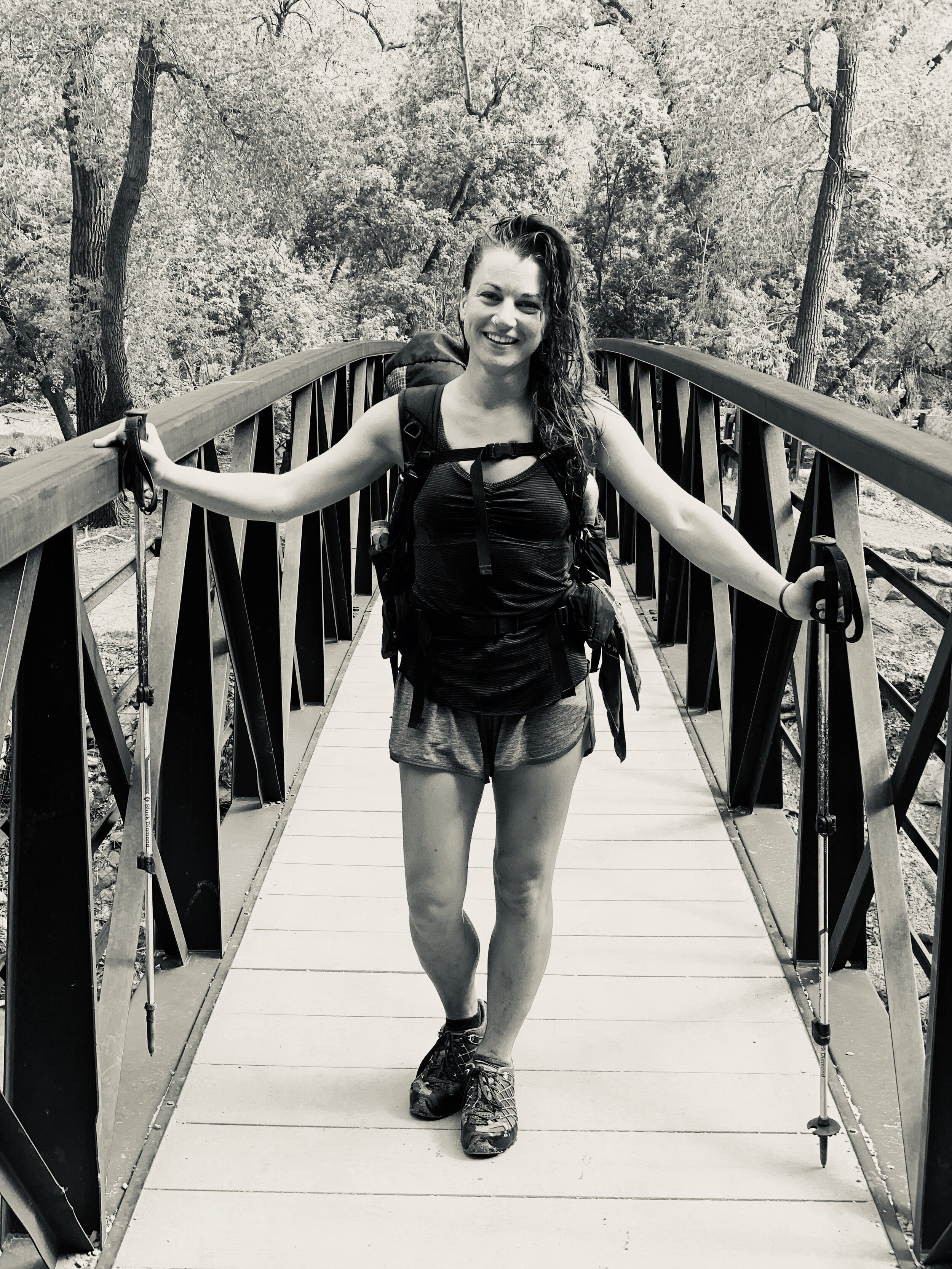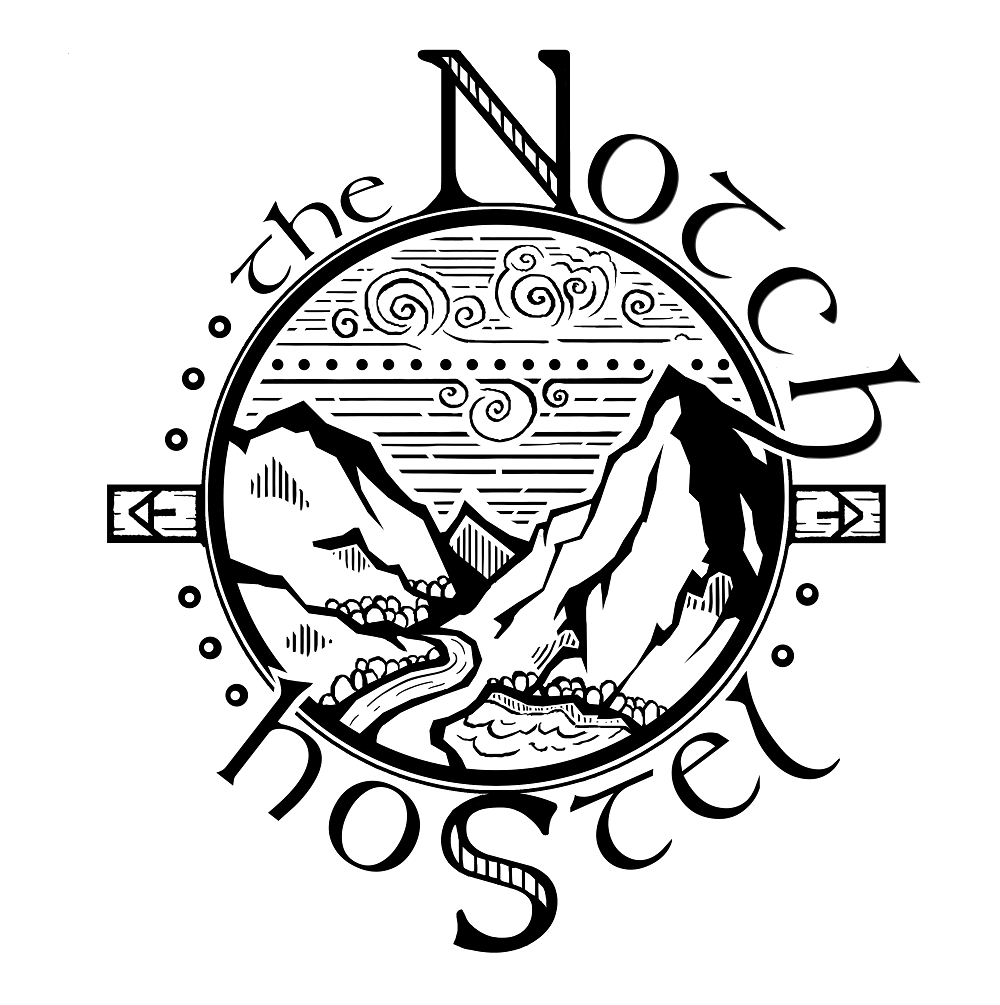Serena Ryan
Owner, The Notch Hostel
The Basics
Company Name: The Notch Hostel
Location: Wobanandenok (stolen land of the Abenaki, now known as the White Mountains of New Hampshire). 324 Lost River Road, North Woodstock, NH
Founded: 2015
Full-Time Employees: Four in the summer and one to two in the winter
Products: Affordable lodging, shared and private rooms, tenting.
Social: Website // Small Store // Instagram // Facebook
Claim to Fame: In 2020 I co-founded Summits in Solidarity, a racial justice initiative among hikers in the Northeastern US. The initiative began with an awareness-raising event on a busy Saturday in June, where hikers climbed peaks in New Hampshire’s White Mountains with signs calling for racial justice, raised almost $10,000 for Outdoor Afro, and made over 300 personal commitments to anti-racist work, through self-education, community action, and fundraising. This event will be repeated annually, and my work will specifically target engaging white hikers in engaging with and dismantling their own white supremacy and creating an anti-racist outdoors community.
The Culture
Demographics (Optional):
80% White, 20% Native American/Puerto Rican. 20% Female, 80% Male. Female-owned business.
The best thing about working at the notch hostel is:
The “hamily” (hostel family): a tight-knit community of staff, guests, and friends who utilize the hostel as gathering place and a base camp.
When we’re not working, we’re:
Studying and dismantling white supremacy in ourselves and the outdoor spaces we visit, as well as hiking and exploring around Wobanandenok, (aka the White Mountains)!
What we’re reading:
An Indigenous People’s History of the United States, by Roxanne Dunbar-Ortiz. The Adventure Gap: Changing the Face of the Outdoors. by James Edward Mills
What we’re listening to:
“I Can’t Breathe” by H.E.R.
If they made a movie about our workplace, it would be called:
So you want to start a hiker hostel?
Inclusion in the outdoors matters because:
White people currently dominate and overrepresent the world of outdoor recreation, and racism at every level has continued to limit Black and Brown access to, and representation in, and physical and emotional safety in outdoor spaces. This enormous inequity robs part of our population of the human right and requirement to rejoice and heal in the tranquility of nature. Furthermore, most white oudoorspeople are unaware of the privileges we hold that allow us to recreate freely outside, and how this lack of awareness, coupled with inaction on issues of race in the outdoors, is actually upholding the status quo, where our race dominates and excludes other races from enjoying the outdoors.
Five years down the line, it’s our hope that:
A group of ten hikers who identify as Black can hike in the White Mountains without receiving sideways looks, questions about what they’re doing here, or -- as has sometimes been the case -- harassment. That the number of Black and Brown people recreating in this region is at least in line with the percentage of Black and Brown people living in this country. That we have taken meaningful steps towards taking the “White” out of White Mountains.


